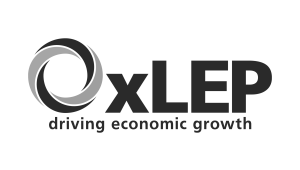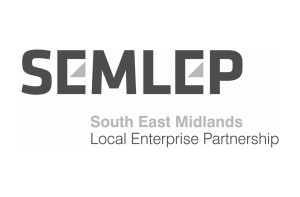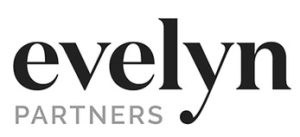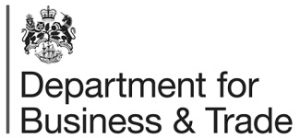If you have your finger on the pulse regarding sustainability, you’ve likely heard of Extended Producer Responsibility (EPR) but may still be wondering how it affects you.
Quite simply, EPR is an environmental policy that makes producers responsible for the entire life cycle of the products that they introduce onto the market, importantly, from their design right through until end of life (including waste collection and recycling). Under EPR regulations, liable companies must mitigate the environmental impacts of their products throughout the entire product life cycle.
If you export to other countries where this regulation is in force, you effectively become the ‘Producer’ and must ensure adherence to EPR obligations in that target country before it will allow you to place your products on its marketplace. So, where EPR regulation exists and where your business comes under the scope of EPR requirements, you have to contact the respective Producer Responsibility Organisation (PRO) for each EPR product category you export in order to obtain an EPR registration number.
The EU Commission is leading the way on this type of regulation; however, no two Member States have implemented the regulation in the same way, making it more onerous for UK companies exporting pan-Europe. Furthermore, given the increased focus on sustainability and climate change, we envisage this trend continuing to evolve at quite a significant pace globally.
It is hoped that this regulation will provide incentives to prevent waste at source, and encourage design that supports the achievement of public recycling and materials management objectives. However, to understand whether you are impacted and whether you need to comply, you must consult the PRO guidance in the export market. Compliance thresholds and recycling obligations vary but are based on core, established data, so in most cases, you will need to know:.
- The types of packaging you handled in the previous calendar year
- The volumes of packaging you handled in the previous calendar year
- What activities you performed on that packaging in the previous calendar year
Marketplaces like eBay, Amazon, Ankorstore, etc. are now being charged with collecting and validating EPR registration numbers and where companies cannot prove compliance, marketplaces will be obliged to suspend those non-compliant listings that fall under the relevant ERP product categories e.g. in Germany.
Certain intermediaries/facilitators have established themselves in light of this new regulation to enable companies to achieve pan-European compliance in exchange for a recurring management fee. Prominent ones are Ecosistant and Lizenzero.eu. NB: Global Trade Department has not evaluated these companies.
Regulatory compliance can be a tricky and overwhelming subject, sometimes you simply don’t know what you don’t know. We’ve helped numerous clients in this area and with wider sustainability issues so don’t stress and subject yourself to rafts of regulation text. If you think you could be impacted by EPR and want to chat it through and understand what to do next, simply book a session with one of our specialists in our Global Trade Clinic and or drop us a line at Contact Us and we will happily help. Advice is free, impartial, and confidential.
Author
-

Andrea is a seasoned global trade specialist having spent almost 30 years in the industry. She is a passionate ambassador for UK micro businesses and SMEs having founded Global Trade Department especially to support this hugely important contingent of the global economy. Andrea’s passion is global regulation and customs controls; she works tirelessly to make these potential barriers to trade surmountable for GTD clients and those referred by the DBT, British Chambers, Growth Hubs, and Local Authorities.


























